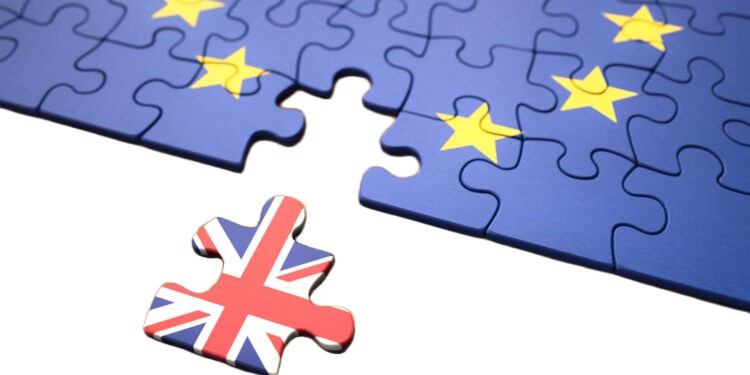On 23 June 2016, the United Kingdom delivered one of the most consequential political decisions in modern European history when 51.9 per cent of voters chose to leave the European Union in a referendum that shocked the world and sent financial markets into turmoil. The narrow victory for the Leave campaign, with a margin of just 1.3 million votes out of over 33 million cast, marked the first time a member state had chosen to withdraw from the bloc and triggered a political earthquake that would reverberate for years to come.
The referendum result defied pollsters’ predictions and caught many political leaders off guard. With turnout reaching 72.2 per cent—the highest for any UK election since 1992—the democratic mandate was clear, even if the margin was razor-thin. David Cameron, who had called the referendum to settle the European question within his Conservative Party, announced his resignation as Prime Minister within hours of the result, admitting he could not be the one to lead Britain out of the EU.
The vote revealed deep geographical and social divisions across the United Kingdom. England, excluding London, and Wales backed Leave decisively, whilst Scotland and Northern Ireland voted overwhelmingly to remain. London stood as an island of Remain support in England, highlighting the urban-rural divide that characterised much of the campaign. These fault lines would later complicate Brexit negotiations and raise questions about the future unity of the United Kingdom itself.
The Leave campaign, fronted by figures including Boris Johnson, Michael Gove, and Nigel Farage, had focused heavily on sovereignty and immigration concerns. Their central promise was to “take back control” from Brussels and reduce immigration levels. The Remain campaign, led by Cameron and Chancellor George Osborne, had warned of severe economic consequences from leaving the single market, but their warnings failed to resonate with enough voters.
Financial markets reacted with immediate volatility to the unexpected result. The pound plummeted to its lowest level against the dollar in over thirty years, wiping billions off the value of British companies. European stock markets also fell sharply as investors grappled with the implications of Britain’s departure from its largest trading partner.
The referendum result triggered Article 50 of the Lisbon Treaty, beginning a two-year countdown to Britain’s exit from the EU. However, the process would prove far more complex and contentious than many had anticipated. Questions about trade relationships, citizens’ rights, the Irish border, and financial obligations would dominate British politics for the next four years.
The 2016 Brexit referendum fundamentally reshaped British politics and European integration. It demonstrated the power of populist movements to challenge established political orthodoxy and highlighted growing tensions between national sovereignty and international cooperation. The vote’s consequences continue to influence British economic policy, trade relationships, and political discourse, making 23 June 2016 a date that will be remembered as a pivotal moment in modern European history.
newshub finance


Recent Comments